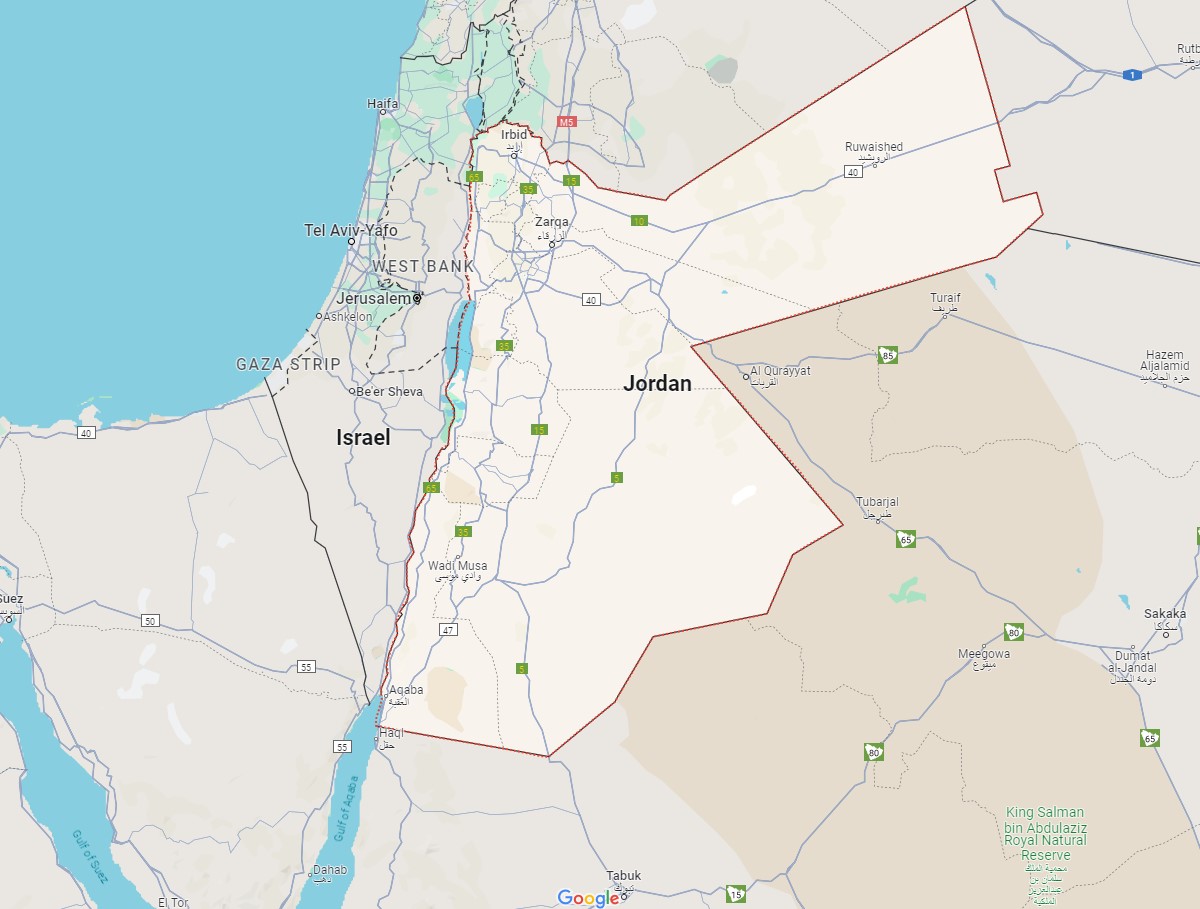The United States has pledged to take “all necessary actions” to safeguard American forces following a drone attack that claimed the lives of three U.S. troops in Jordan. Meanwhile, Qatar expressed concern that U.S. retaliation should not jeopardize regional security or hinder progress toward a potential Gaza hostage-release agreement.
The assault on U.S. troops by Iran-backed militants on Sunday marked the first lethal strike against American forces since the Israel-Hamas conflict erupted in October, signifying a significant escalation in the ongoing tensions in the Middle East.
White House National Security spokesman John Kirby said on Monday that the U.S. is not seeking a broader war with Iran or the region but emphasized the need to take necessary measures. Despite Iran’s denial of involvement, President Biden has ordered retaliatory strikes against Iran-backed groups, stopping short of direct action against Iran itself.
President Biden said on Sunday that those responsible for the attack would be held accountable, echoing Defense Secretary Austin’s commitment to defending U.S. forces through all required actions.
Meanwhile, in Gaza, Israel initiated an assault on the largest city under Hamas rule. Air strikes and shelling led to casualties, indicating a deviation from the initial military plan.
The Biden administration faces the challenge of responding firmly to the drone attack without escalating the conflict further. Additionally, efforts to secure the release of hostages in Gaza have been complicated by the recent events.
Qatari Prime Minister Sheikh Mohammed bin Abdulrahman bin Jassim al Thani expressed hope that U.S. retaliation would not hinder progress in the talks for a new hostage-release deal. He emphasized the potential impact on regional security and urged containment of the situation.
CIA Director William Burns engaged in constructive talks in Paris with key figures from Israel and Egypt, aiming to bridge significant gaps in their perspectives. U.S. Secretary of State Antony Blinken expressed optimism that a Qatar-mediated negotiating process could resume, building on a framework developed in Paris.
HAMAS SAYS ISRAEL MUST WITHDRAW
Hamas reiterated its demand for Israel to cease its Gaza offensive and withdraw before further hostages are released. Israel, in turn, insists on fighting until Hamas is eradicated, highlighting the complexity of the situation.
As tensions persist, Hamas fired rockets into Israeli cities, showcasing its continued capability after months of conflict. The World Court’s recent ruling calling on Israel to do more to protect civilians is perceived as undermined by the ongoing violence.
Israel’s order for new evacuations in Gaza City adds to the challenges, compounded by communication blackouts hindering alerts. The aid crisis in Gaza, exacerbated by the suspension of support for the UNRWA, raises concerns about the well-being of civilians.
Several countries, including the United States, suspended aid to UNRWA after Israel accused some of its employees of being Hamas or Islamic Jihad militants involved in the October 7 attacks. UNRWA faces potential closure within a month if funding is not restored, emphasizing the critical need for international support in the region. U.N. Secretary-General Antonio Guterres has ensured a swift and efficient inquiry into the allegations against UNRWA employees.
(Inputs from Reuters)














